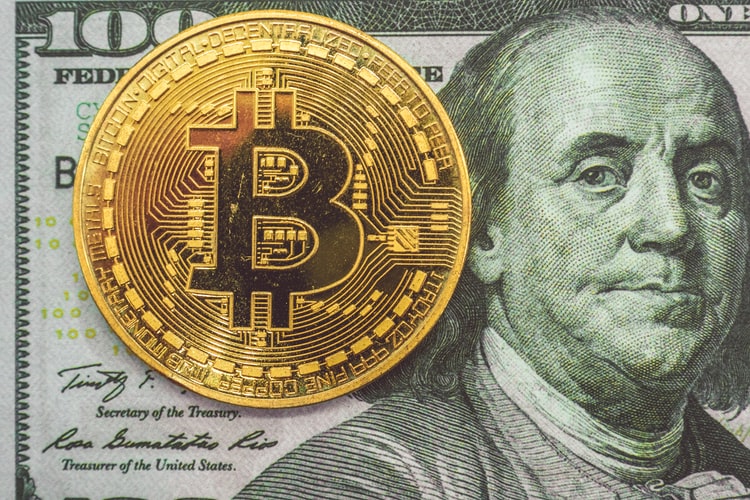Is Bitcoin Legal in Florida?
Yes it is.
There you have it, your question answered right off the bat. No digging necessary. But hold on a minute, the fact that something is legal may not necessarily mean that you should buy or sell it.
The real question here is not if Bitcoin is legal in Florida or not but rather… Should I buy bitcoin?
The link above leads to a solid write-up listing 10 reasons why Bitcoin is a good investment in 2020. But here in this article we’ll cover only the handful that might matter to you as someone living in Florida.
Is Bitcoin for You?
The economy in the U.S. is not doing so hot right now. COVID has things falling apart, and a recent explainer noted that President Trump might not have enough power to restart the economy.
So if the economy is not doing so well and might take a few months or years to get back on track — should you even be thinking about buying Bitcoin?
Let’s get back to the legality of it first, since that’s the most important factor.
Bitcoin is legal to purchase and sell in the United States, including the state of Florida.
After all, one of the biggest exchanges in America where you can buy and sell Bitcoin (Coinbase) proudly displays all its money exchange licenses, one of which is the license to do business in Florida.
If you look at the link you’ll also note that Coinbase displays the required information which the State of Florida required Coinbase to list:
“U.S. currency is legal tender backed by the U.S. government.
* Digital and virtual currencies are not issued or backed by the U.S. government, or related in any way to U.S. currency, and have fewer regulatory protections.
* The value of digital and virtual currencies is derived from supply and demand in the global marketplace which can rise or fall independently of any fiat (government) currency.
* Holding digital and virtual currencies carries exchange rate and other types of risk.”
This disclaimer helps you understand whether or not Bitcoin is for you.
It explains that Bitcoin is one of these virtual cryptocurrencies that are not issued or backed by the U.S. government (or, for that matter, any government in the world).
The pros are:
- Bitcoin is decentralized. No government can take it away from you if you secure it well enough.
- Bitcoin is global. You can travel and spend it anywhere in the world.
- Bitcoin is uncensorable. No government can put the CEO of Bitcoin to jail because there is no CEO of bitcoin — just like there is no CEO of gold.
The cons are:
- Bitcoin is volatile. The price can rise and fall by many percentage points in a matter of days or even hours. If you have a weak risk appetite or want to be safe with your money, then Bitcoin may not be for you.
- There are scams to watch out for. You might get scammed out of your savings if you send your bitcoin to the wrong address, or any other pitfalls if you aren’t prepared or careful.
There are of course many more pros and cons to owning Bitcoin and other cryptocurrencies. The best thing to do if you’re new is to dig deeper. Here’s a few quick pointers.
- Watch out for scams. Recently someone hacked Twitter and got access to and tweeted from the accounts of incredibly influential people such as Elon Musk, Obama, and Bill Gates. The hacker tried to trick people into giving them bitcoin. This worked to the tune of over $100k. So always, always double check things.
- Don’t buy more than you can afford to lose. This old saying comes from crypto because of scams and also because people’s emotions get in the way. If Bitcoin goes up then you might not sell in time because of your emotions. If it goes down then you might sell it all instead of holding for when it comes back up.
- Store your Bitcoin somewhere safe. Storing your crypto on an exchange may not be the safest thing. But storing it on a hardware wallet may be too inconvenient. The trick is to find a good middle ground.
There you have it, a start to the answers you seek. No go learn more! It’s a big crypto world out there.
